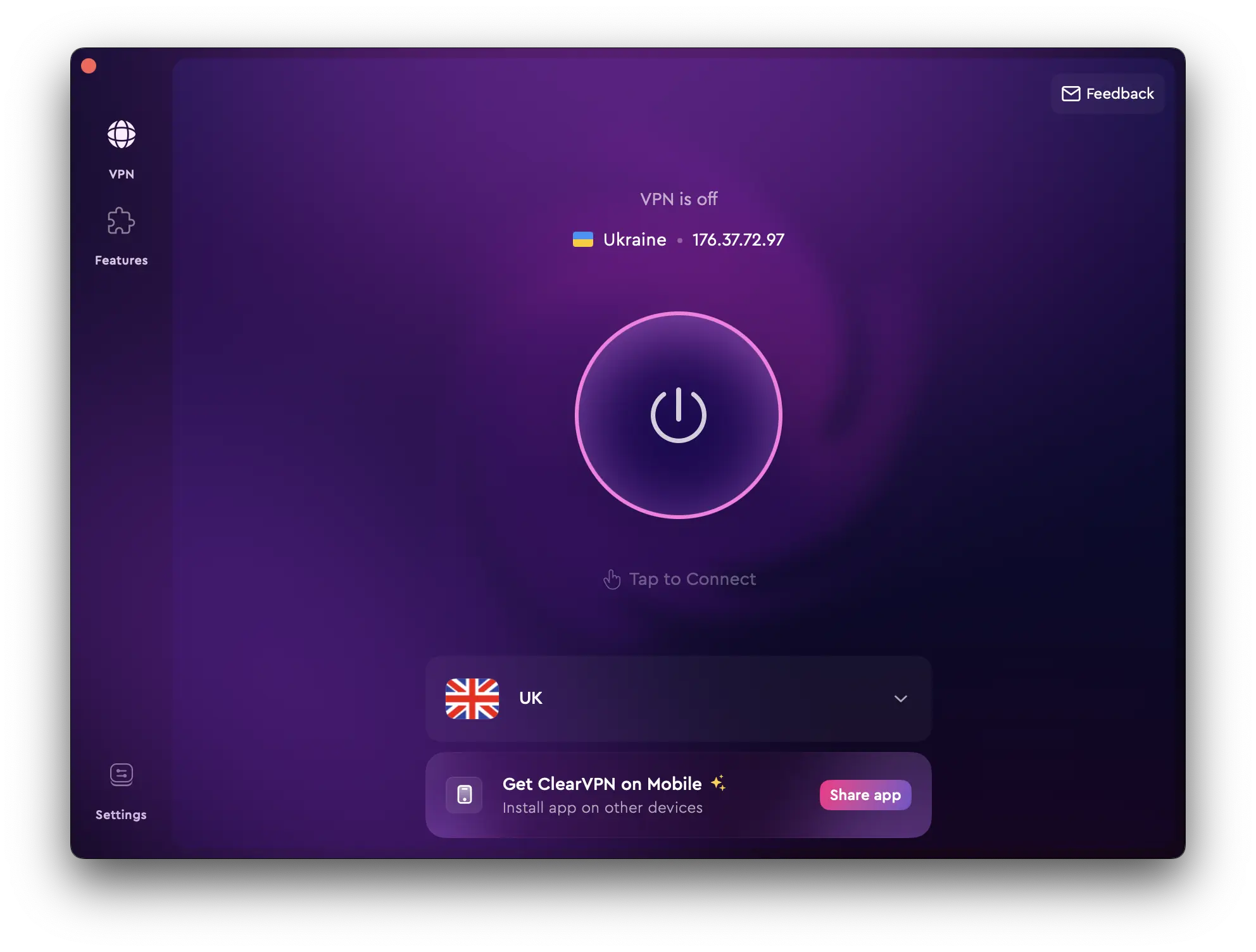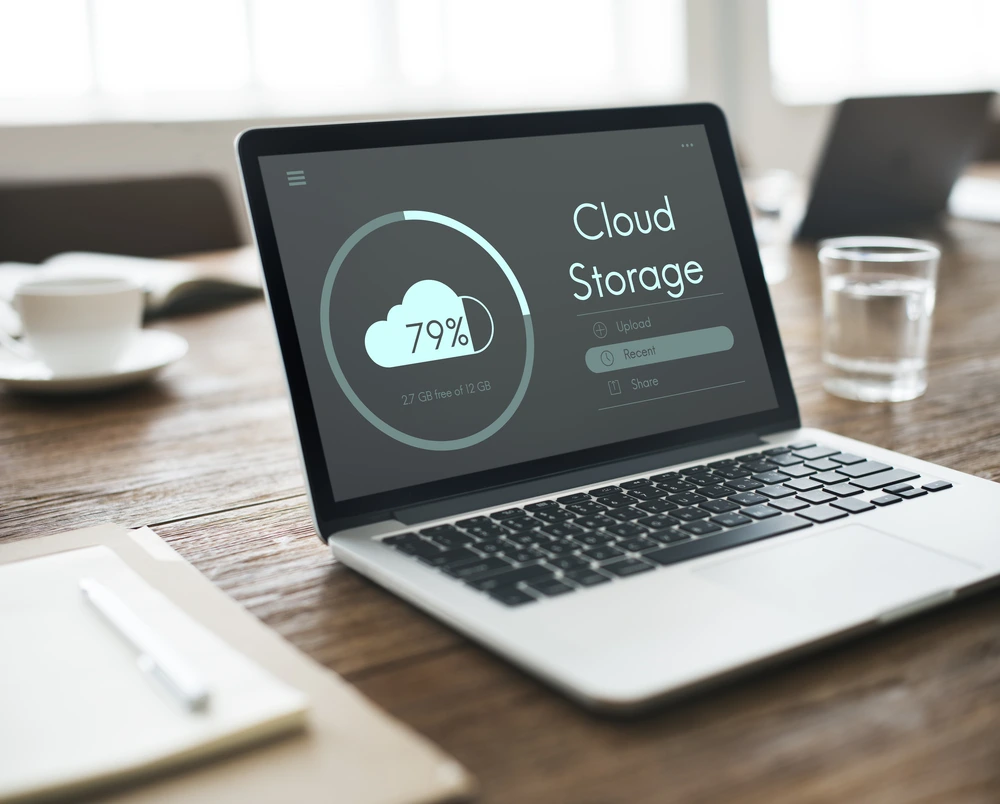In today’s digital age, more and more of our personal and confidential data is stored in our computers and mobile devices. And while this has made our lives more convenient, it also means that our personal information has become increasingly vulnerable to cyber threats.
More than ever before, people need to know how to store and protect their sensitive information from unauthorized access. That is where this quick guide comes in — we’ll go over some statistics and best practices you can implement to store sensitive information securely.
So let’s get right to it!
Why it is important to know how to store sensitive information?
Before anything else, it’s essential to understand the risks associated with storing sensitive information online. After all, you may not think it’s a big deal, especially if you’ve never dealt with a cyber attack before. But this begs the question — would you rather wait to become a potential victim or preventatively invest in security solutions?
Whether people realize it or not, there’s no denying that cyber attacks like phishing and ransomware are major threats to people and businesses alike. Don’t believe us? Then consider the following statistics:
- A 2017 study by Accenture reveals that the average organization experiences 130 security breaches each year, with 69% of these being caused by external threats.
- According to a 2019 report by Verizon, 43% of cyber attacks target small businesses, with the average cost of a data breach being $3.86 million.
- A report by Comparitech revealed that global cybercrime victims lost a total of $318 billion in 2020, with the average cost per victim at $4,760.
As you can see, the consequences of a data breach can be significant, especially for individuals. These statistics highlight the significance of protecting sensitive data from malicious actors.
What is the best way to store sensitive data?
Fortunately, there are plenty of options to recommend for securing sensitive data, each with certain pros and cons. The following are some of the easiest and most effective methods available that you can start implementing today:
Storing information using encrypted storage devices
Encrypted storage devices differ from standard USB and external hard drives in that any data stored there is encrypted. This provides an additional layer of security if the information is hacked or stolen. This renders the data unreadable to anyone who lacks the encryption key.
Encrypting your Internet traffic with a VPN
Storing information on encrypted storage devices is a crucial first step, but what about the information you’re uploading and downloading over the Internet? That’s where ClearVPN comes in.
ClearVPN is a user-friendly and reliable VPN service that offers military-grade encryption. This app ensures your personal data is kept secure over the Internet. By using it, all data on your devices will be all but impossible to access by malicious actors.
As if that were not enough, ClearVPN boasts lightning-fast speeds and is extremely easy to use. To do this, you need just:
- Download and install the ClearVPN app on your device.
- Create your account.
- Run the app, and just click on the big button in the middle of the screen. It’s that easy.

Through these actions, you’d already be doing far more than most people to protect your sensitive information online.
What’s more, ClearVPN runs on all the popular devices and operating systems — Windows, macOS, Android, and iOS. This means that you’ll never leave your personal information vulnerable, regardless of what device you’re using.
Cloud Storage Services
Perhaps the best way to store data online is to make use of Cloud storage services like Google Drive, Dropbox, and Microsoft OneDrive. These services allow users to store files of all types remotely and access them from any device with an internet connection.
Cloud storage differs from traditional online storage methods in that such services are generally more secure and resistant to cyber theft. This is thanks to advanced security features like data encryption and multi-factor authentication that help prevent unauthorized access. Many of these services even go so far as to implement automated backups and data recovery solutions, which can save the day in the event of a data breach or other worst-case scenarios.
That being said, cloud storage services are not all created equal. You should do your due diligence and choose a platform that offers at least all the security features mentioned above. Learn more about cloud storage security issues in this post.
Paper Records
In many cases, storing data in a physical form is the most secure option. This is particularly true for highly sensitive data, such as medical records or legal documents.
However, you should only go this route if you have the means to secure these documents in a proper location. This can be anything from a hidden safe to a locked filing cabinet — as long as you’re confident that these containers are safe and only accessible to you.
Best practices for storing your sensitive information
In addition to the tools and strategies mentioned above, a big part of protecting sensitive information is practicing good data hygiene. This means creating and maintaining habits that prioritize the protection of sensitive information.
Here are some best practices to consider to improve your data hygiene:
- Review and delete data that you no longer need. In many cases, obsolete data can still present a privacy risk. So develop a habit of creating time at least once a month to review your files and delete anything obsolete.
- Regularly back up your data and maintain multiple copies of it. This is crucial in case of data loss or failure. While cloud storage can serve as your primary backup, it doesn’t hurt to keep copies of your sensitive information on an external drive — one that’s kept disconnected from your device most of the time.
- Keep your software and operating system up-to-date. Cybercriminals can leverage constantly-emerging vulnerabilities to intercept and steal sensitive information. Regular software updates are a foundational step toward making you a less likely target of identity theft.
- Use strong passwords and multi-factor authentication whenever it’s available. Never use the same password on multiple accounts, and make it a habit to change them regularly.
- If you use cloud storage, then make sure that you review the sharing settings for all sensitive data. Ideally, these files should only be accessible to you and nobody else, unless you have a good reason to share that file with others.
Following these best practices will ensure that your personal information is kept as secure as possible. The goal is to make it exceedingly difficult for threat actors to steal your sensitive information.
FAQ
Is it safe to store sensitive information in Google Drive?
Storing sensitive information on Google Drive is generally safe as long as you practice good data hygiene and make use of all the security features available. This means using a strong password, enabling two-factor authentication, and only sharing stored information with people you trust.
Why is it important to store sensitive information securely?
Sensitive information can be anything from social security numbers,banking information to medical records. In the wrong hands, this information can be used for identity theft, financial fraud, and other malicious activities.
What should I do if there is a data breach or an incident involving sensitive information?
If you suspect that your personal information has been compromised, then it’s important to act quickly to contain the potential damage. This includes changing the passwords linked to the compromised accounts and contacting your bank to put a fraud alert on your credit report (prevent new accounts from being opened under your name).
